When Refusal Is Gentle, and Still Revolutionary
June 16, 2025
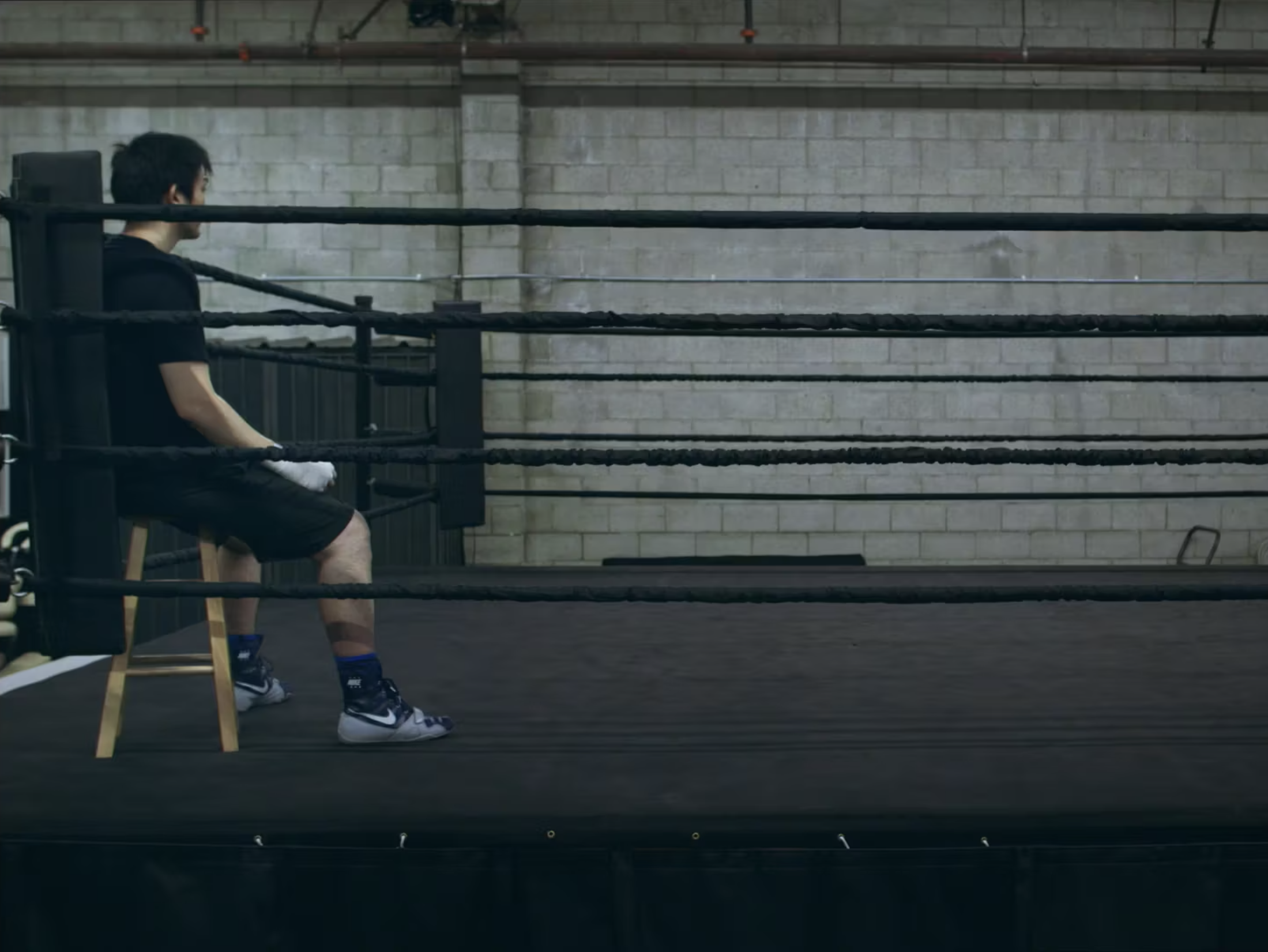
Written by Eseel Borlasa, After Bruce
At LAAPFF 2025, four short films challenge the idea that resistance must be loud to be powerful. In Gaku: One Last Round, Witness, Out of Focus, and Wild Animal, resistance emerges not from confrontation alone—but from intimacy, tenderness, and the audacity to live truthfully. These are not films that seek to explain themselves. They refuse erasure simply by existing in their fullness.
Across mosques, kitchens, boxing gyms, and the Mongolian wilderness, these works explore what it means to reclaim space—in language, in faith, in body, in breath. Their impact is quiet but undeniable. They don’t just refuse invisibility; they reshape what visibility means.
“What Happens When We Speak in Our Own Language?”
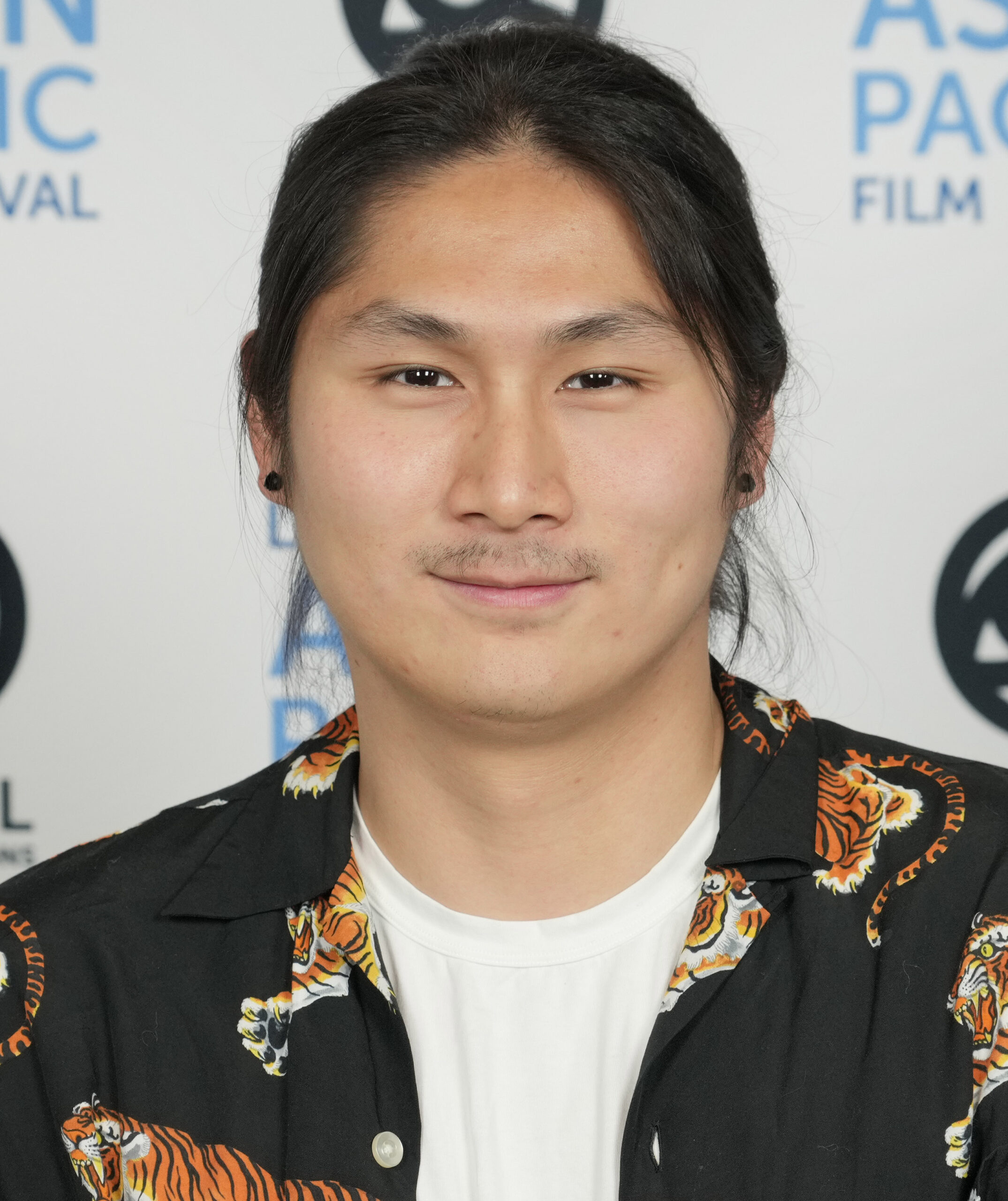
Taige Shi at the 2025 Los Angeles Asian Pacific Film Festival (Photo By Sthanlee B. Mirador/LAAPFF)
For Taige Shi, language was both a starting point and a political act. His subject, Japanese boxer Gaku Takahashi, originally insisted on telling his story in English. “He was worried people wouldn’t understand him otherwise,” Shi explained. “But I asked him—what if we trusted the audience to meet you where you are?”
That shift—to have Gaku speak in his native Japanese—unlocked something deeper. “When he stopped performing and spoke in his own rhythm, that’s when the emotion came through,” Shi said. “His breath changed. His pauses got longer. That’s when I knew we had found the real story—not just about what happened to him, but how it felt.”
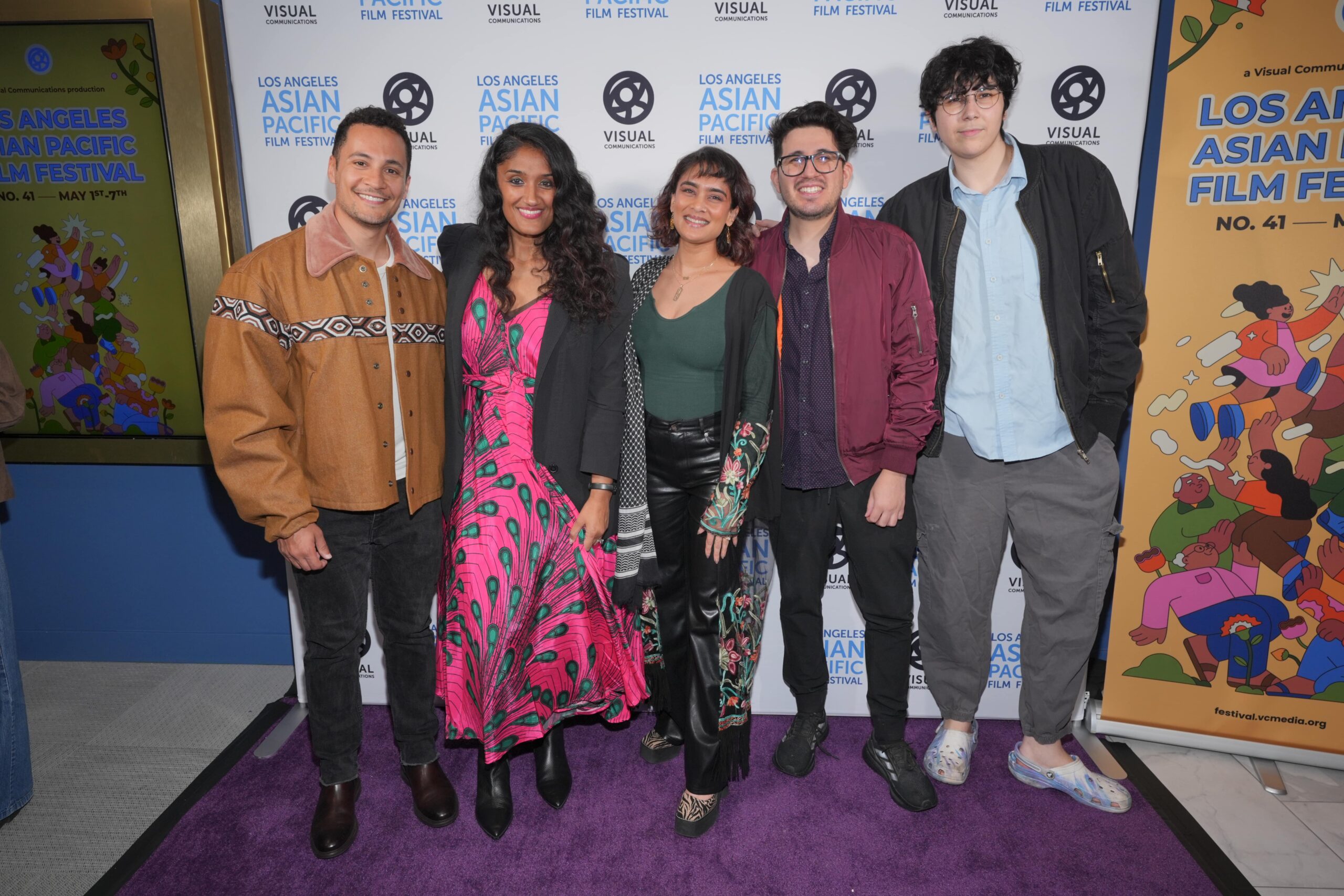
Cast & Crew of Witness at 2025 Los Angeles Asian Pacific Film Festival (Photo By Steven Lam/LAAPFF)
That same act of claiming one’s full voice pulses through Witness, written by Saif Jaan, who recalled the moment that inspired the film: “The first time I prayed in the men’s section of a mosque, I was terrified. But as I prostrated, surrounded by people who looked and sounded like me, I felt—just for a moment—peace. And I thought: what if that feeling didn’t have to come with fear?”
Co-director Radha Mehta emphasized that they chose to tell the story through the imam’s perspective not to center him, but to create a bridge. “For many people unfamiliar with queer Muslim lives, empathy has to be built. We wanted to show what it looks like for someone who holds institutional power to shift—not through argument, but through witnessing love.”
“Joy Is a Form of Resistance”
In Out of Focus, filmmaker India Martin offers another kind of shift—away from trauma narratives and toward the quiet miracle of joy. “I wanted to make something where we could just exist,” they said. “Not as headlines, not as metaphors. Just real people, living and laughing and loving each other.”
That reclamation of softness—of chosen family dinners, of bodies at rest, of breath without tension—mirrors the emotional current in Wild Animal. Though told without words, Tianyun Lyu’s animated short thrums with sound and sensation. “Wind has texture,” Lyu explained. “Snow has rhythm. In Wild Animal, I used sound not to describe what was happening, but to evoke what it felt like—grief, fear, yearning.”
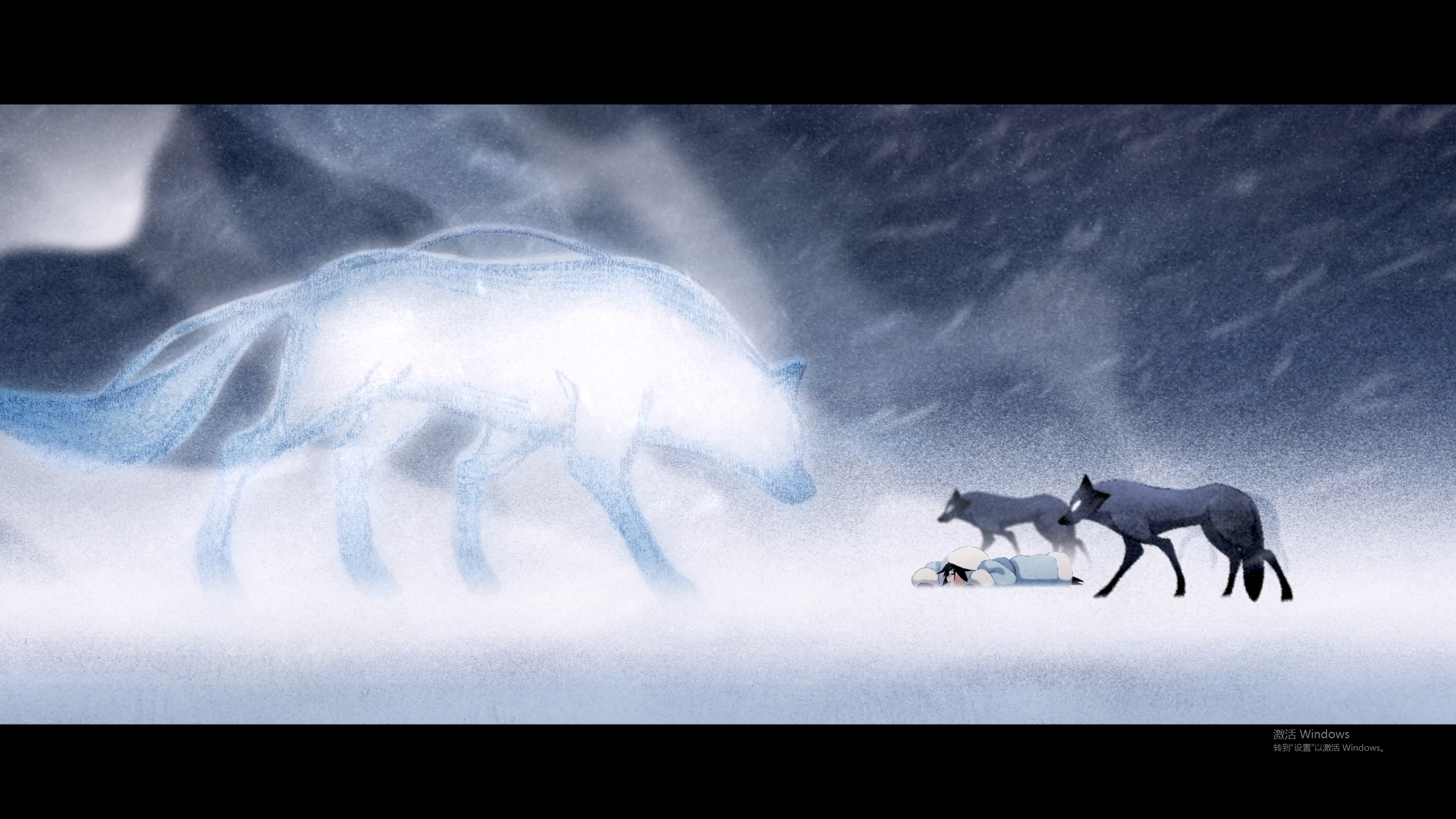 Martin and Lyu are telling stories that rarely make it to screens. Martin puts it this way: “So often, our stories are filtered through someone else’s lens. I wanted to shoot from within. To make something that says: we were here. We are here.”
Martin and Lyu are telling stories that rarely make it to screens. Martin puts it this way: “So often, our stories are filtered through someone else’s lens. I wanted to shoot from within. To make something that says: we were here. We are here.”
For Lyu, that same impulse informed her sound design. “I wanted the wind to feel like it was coming from all directions—like it was carrying memory. My father never said much when he grieved. But I remember the sound of him walking through a storm. That’s what I built into the film.”
“The Sacred Isn’t Fixed—It Evolves”
All four films challenge not just who gets to belong, but what belonging even means. In Witness, Jaan’s script flips the typical arc of transformation. “Usually the trans person is the one who has to change or leave. But in our film, it’s the imam who must evolve,” Jaan said. “That felt honest. That felt just.”
Shi, too, wanted Gaku to show how transformation can come from reclaiming rather than resisting one’s culture. “We didn’t want to assimilate the story to American expectations. We wanted to stay rooted in Gaku’s world—his rhythm, his code, his pain.”
That anchoring in specificity—spiritual, cultural, sonic—creates universality. In one Out of Focus scene, a family dances in their kitchen. In Wild Animal, a father searches through snowdrifts for a son he can’t find. In Witness, a daughter asks her father if faith can stretch enough to hold her generation. In Gaku, a man touches the ropes of a boxing ring as if it were a prayer mat.
What ties these moments together isn’t plot. It’s presence. And presence here, becomes political.
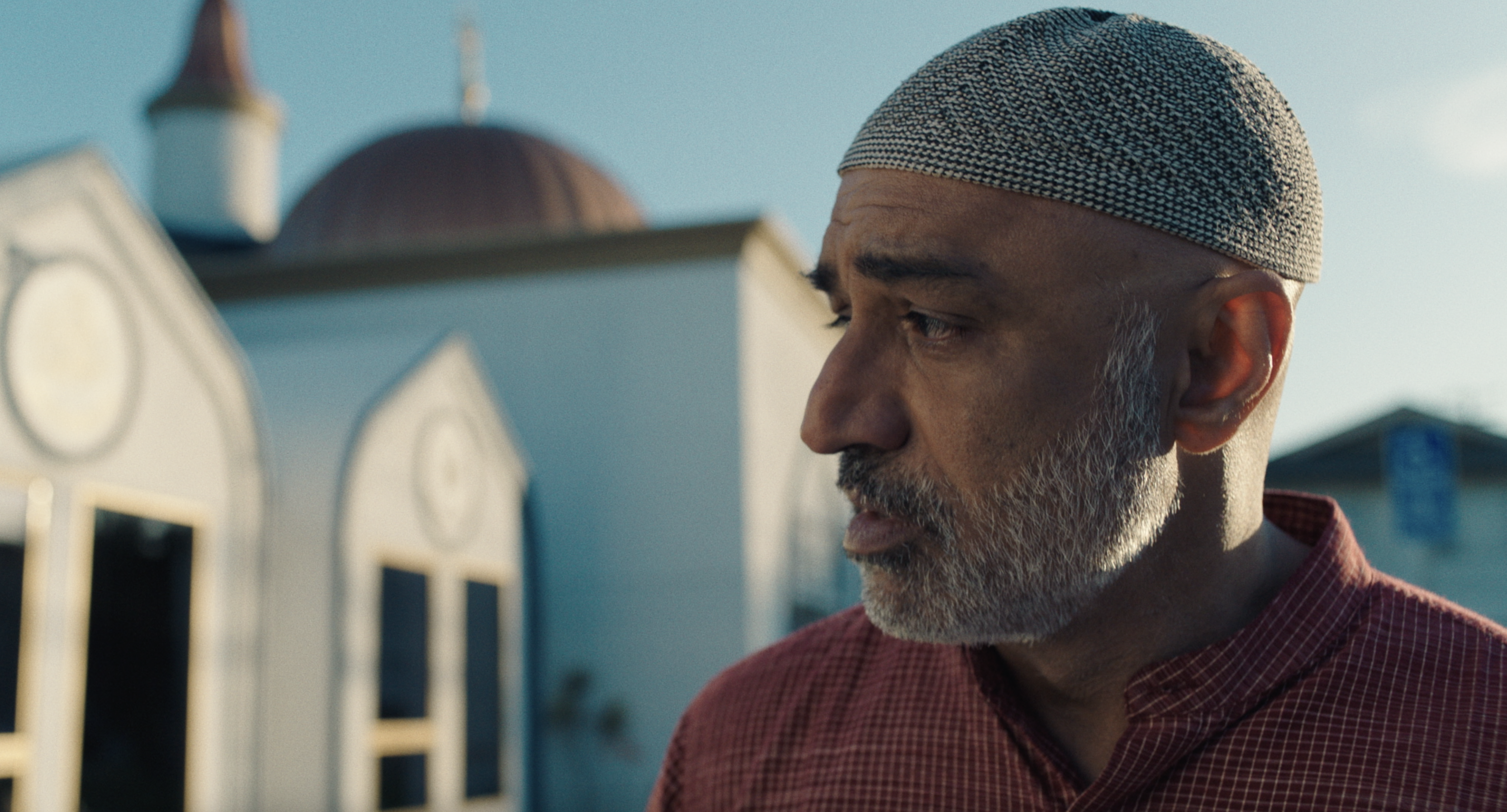
What Resistance Looks Like Now
Across these films, resistance isn’t only protest. It’s prostration. It’s silence. It’s joy. It’s wind. It’s speaking in your own language, even when you’re afraid they won’t understand you. It’s refusing to translate your grief, your love, your body, your God.
These filmmakers don’t demand visibility. They create it—on their own terms. They archive tenderness. They amplify breath. They center characters who are not symbols, but people—with hunger, with softness, with names in their own tongues.
At LAAPFF 2025, these films remind us: resistance isn’t always loud. Sometimes it’s a whisper you refuse to silence. Sometimes it’s staying when you’ve been told to go. Sometimes, reclaiming your life is the most radical thing you can do.

 tweet
tweet share
share


